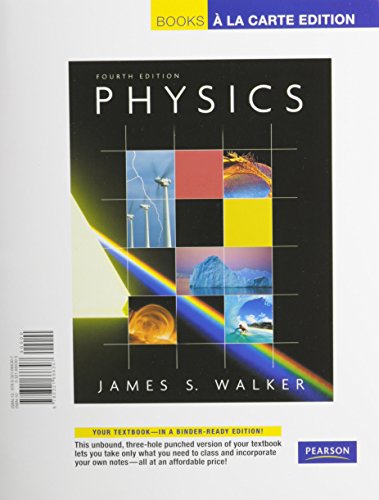Artículos relacionados a Detecting Deception: Current Challenges and Cognitive...
Detecting Deception: Current Challenges and Cognitive Approaches (Wiley Series in Psychology of Crime, Policing and Law) - Tapa dura

Sinopsis
Detecting Deception offers a state-of-the-art guide to the detection of deception with a focus on the ways in which new cognitive psychology-based approaches can improve practice and results in the field. * Includes comprehensive coverage of the latest scientific developments in the detection of deception and their implications for real-world practice * Examines current challenges in the field - such as counter-interrogation strategies, lying networks, cross-cultural deception, and discriminating between true and false intentions * Reveals a host of new approaches based on cognitive psychology with the potential to improve practice and results, including the strategic use of evidence, imposing cognitive load, response times, and covert lie detection * Features contributions from internationally renowned experts
"Sinopsis" puede pertenecer a otra edición de este libro.
Acerca del autor
Par Anders Granhag is Professor of Psychology at the University of Gothenburg, Sweden. He has published over 200 scientific reports on topics relating to deception detection and is the Founding Director of the Research Unit for Criminal, Legal and Investigative Psychology. Aldert Vrij is Professor of Applied Social Psychology at the University of Portsmouth, UK. He is the author of Detecting Lies and Deceit: Pitfalls and Opportunities (2008). Bruno Verschuere is Associate Professor of Forensic Psychology at the University of Amsterdam, The Netherlands. He is a Founding Member of the European consortium of Psychological Research on Deception Detection, and co-editor of Memory Detection: Theory and Application of the Concealed Information Test.
De la contraportada
<p><i>Detecting Deception</i> presents state-of-the-art coverage of the science and practice of evaluating truthfulness and uncovering deceit, featuring contributions from leading international experts in the burgeoning forensic subfield of deception detection.Following coverage of several basic approaches to contemporary deception detection—including the polygraph, text analysis, and verbal and non-verbal techniques—chapters identify a series of current challenges in the field, such as counter-interrogation strategies, discriminating between true and false intentions, how to unmask lying networks, and cross-cultural deception. Subsequent chapters reveal a host of new approaches based on cognitive psychology with the potential to improve practice in the field, including the strategic use of evidence, imposing cognitive load, response times, and covert lie detection.</p> <p>With comprehensive coverage of the latest scientific developments and research breakthroughs, and their implications for real-world practice, <i>Detecting Deception</i> offers a definitive guide to contemporary theory and practice in deception detection.</p>
"Sobre este título" puede pertenecer a otra edición de este libro.
(Ningún ejemplar disponible)
Buscar: Crear una petición¿No encuentra el libro que está buscando? Seguiremos buscando por usted. Si alguno de nuestros vendedores lo incluye en IberLibro, le avisaremos.
Crear una petición
